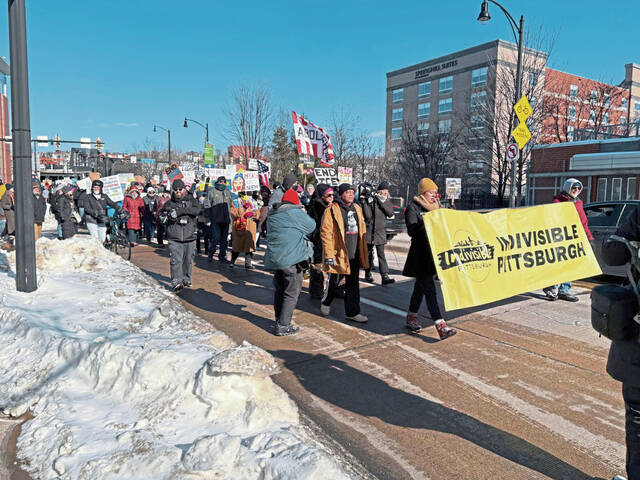Pennsylvania’s government and most local governments statewide have laws against littering and dumping, but it only requires a look around to know officials treat the laws as so much litter.
Partially because governments rarely enforce those laws, littering and dumping are pervasive. Even when governments enforce the law, it doesn’t deter others because the fines are minimal.
The maximum fine for a first offense for illegal dumping is $5,000, which in many cases, is less than the cost of legally dumping the material in a landfill.
The maximum fine for littering is $300, but it is vanishingly rare for a court to assess that amount.
Littering and dumping are so pervasive that local governments often view enforcement as a futile exercise, consuming limited resources that might be put to more productive use.
But state and local governments should take a lesson from other social problems that have been mitigated over time by slow cultural change propelled by public policy.
Nearly 45% of American adults regularly smoked cigarettes in 1964, when the surgeon general tied tobacco use to cancer and ignited a long series of policies including public education, cessation programs and restrictions on public use. Today, only about 11% of American adults smoke, according to the Centers for Disease Control and Prevention.
Likewise, only about 11% of Americans regularly used seat belts in cars in 1970, five years after they became mandatory equipment on every new vehicle. Today, after generations of education and public policy changes, 91.6% of all Americans buckle up.
State and local policymakers should put gratuitous littering and dumping on a similar course with greater public education about the economic, environmental and health costs. And the Legislature should pass a bill introduced by Democratic Rep. Donna Bullock of Philadelphia that would increase the maximum littering fine from $300 to $2,000 and the maximum dumping fine to $10,000 for a first offense and $20,000 for each subsequent offense.
But the biggest key, regardless of the bill’s fate, is for local officials to start enforcing litter laws and stop shrugging and treating littering and dumping as an inevitable nuisance.








